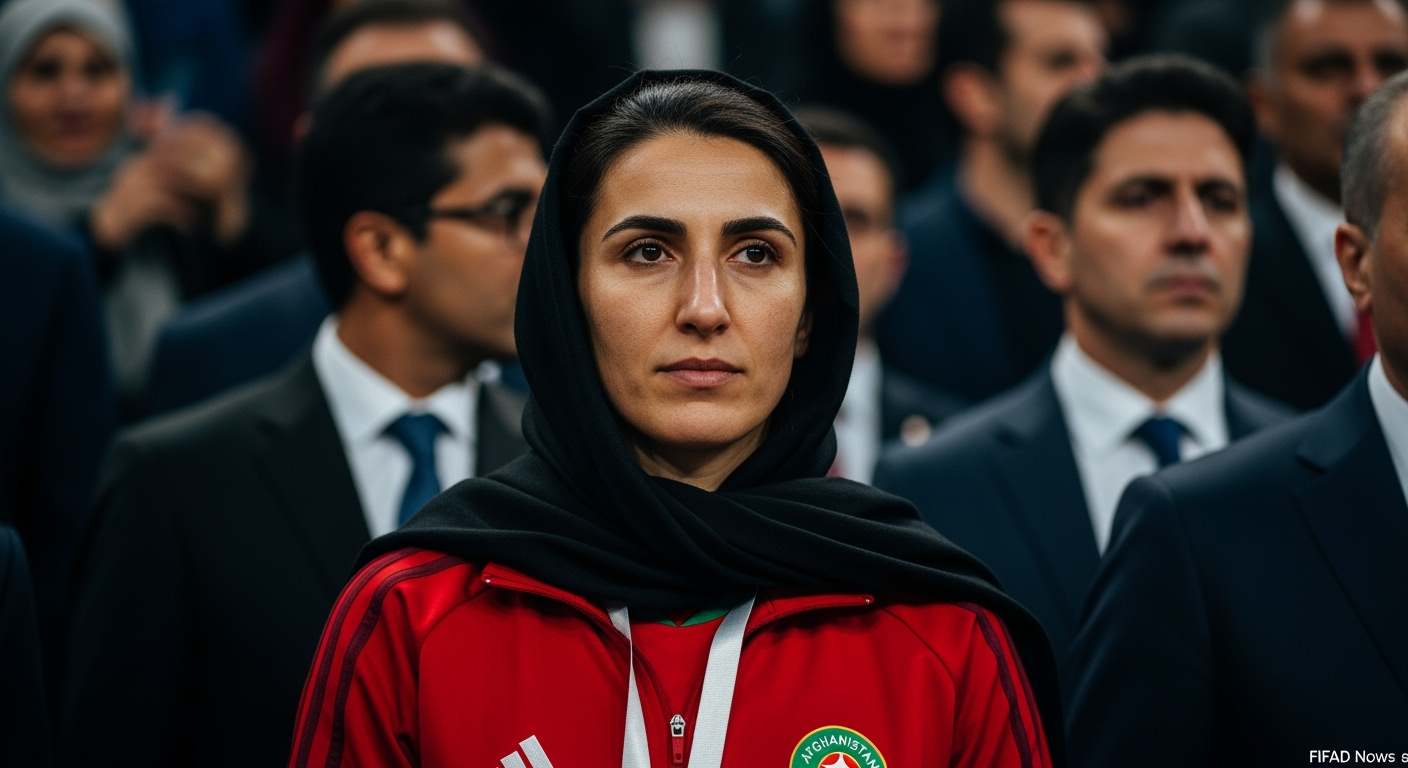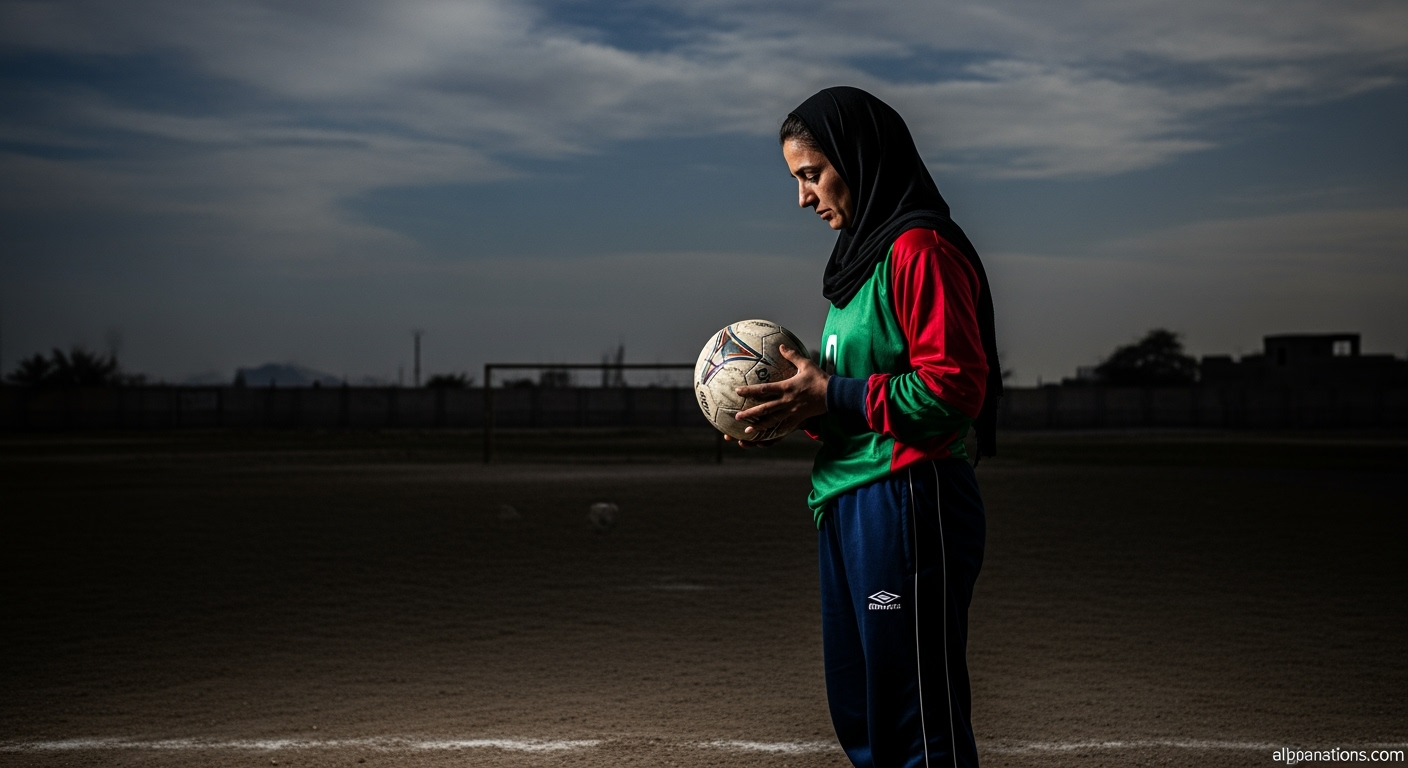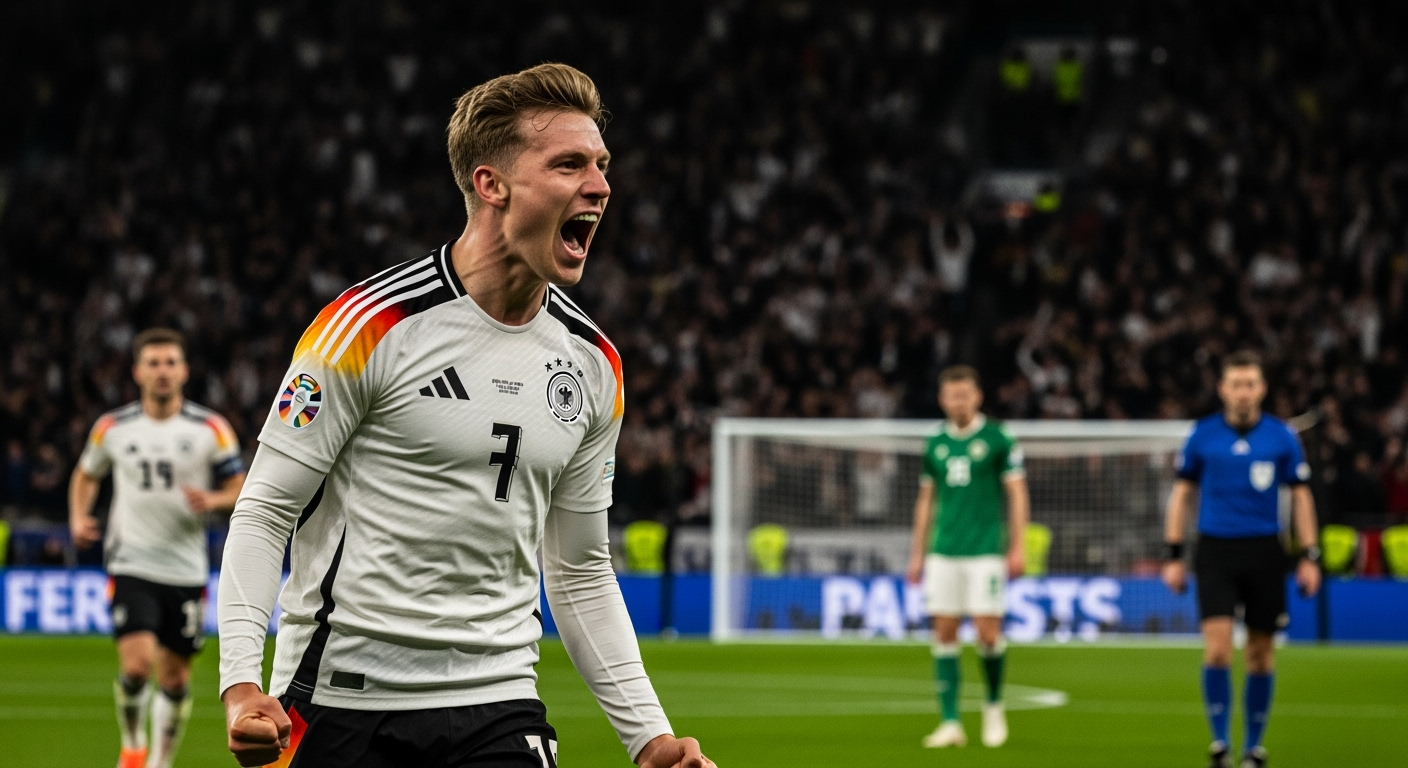Related Articles

Afghan Women's Football Team Forges Historic Path Back to International Arena After Years of Exile




BELFAST – The German national football team navigated a challenging away fixture at Windsor Park, securing a narrow but crucial 1-0 victory over Northern Ireland on Monday. The hard-fought win in Belfast has propelled Julian Nagelsmann's squad to the top of Group A in the 2026 FIFA World Cup qualifiers, firmly placing them back on track for automatic qualification after a somewhat turbulent start to their campaign. The decisive goal, a maiden international strike from striker Nick Woltemade, highlighted Germany's evolving strategy and signaled their determination to maintain control of their destiny on the road to the United States, Canada, and Mexico.
The atmosphere at Windsor Park was predictably fervent, with Northern Ireland, under the guidance of manager Michael O'Neill in his 100th game, keen to build on recent momentum. The hosts, renowned for their spirited performances at home, created several anxious moments for the German defense throughout the evening. Early in the match, Northern Ireland believed they had broken the deadlock when Dan Ballard found the net, only for the goal to be disallowed for an offside infraction by Paddy McNair in the build-up, a call confirmed by VAR. This near-miss served as a stark reminder to Germany that the match would be anything but straightforward.
Germany, however, displayed a growing composure under pressure, gradually asserting their dominance in possession and territory. The breakthrough arrived in the 31st minute from an unlikely source, yet one that speaks to a deliberate tactical shift. A well-delivered inswinging corner from David Raum found Nick Woltemade, who awkwardly bundled the ball over the line for his first senior international goal. The Newcastle United forward's strike, though not aesthetically perfect, was nevertheless pivotal, silencing the home crowd momentarily and giving Germany a vital lead they would not relinquish. Northern Ireland pressed for an equalizer, with Jamie Reid missing a significant opportunity just before halftime, and later efforts from Ethan Galbraith and substitute Callum Marshall testing German goalkeeper Oliver Baumann, but the visitors' defense held firm to secure all three points.
This victory holds significant weight for Germany, particularly in the context of their uneven beginning to the qualifying cycle. The team had suffered a surprising 2-0 defeat to Slovakia in their opening Group A fixture, marking only the fourth time in 107 outings, and the first time ever away from home, that Germany had lost a World Cup qualifier. This unexpected setback had immediately placed Nagelsmann and his team under scrutiny, raising questions about their form and direction following their exit from the previous World Cup and a less-than-stellar performance at the home Euros. However, the subsequent 4-0 triumph over Luxembourg, followed by this hard-earned win against Northern Ireland, has effectively reset their course. The six points from these two October qualifiers have allowed Germany to move three points clear at the summit of Group A, giving them a much-needed buffer and renewed confidence.
A notable aspect of Germany's recent success, particularly evident in the Belfast match, has been their marked improvement in converting set-piece opportunities. Prior to this qualifying campaign, Germany had struggled significantly in this area, failing to score from corners or free-kicks in both the previous World Cup and European Championship. However, under the guidance of set-piece coach Mads Buttgereit, who joined in 2021, this weakness appears to have transformed into a strength. Nick Woltemade's winning goal against Northern Ireland was Germany's fifth goal from a set-piece out of their eight total goals in the current qualifying campaign. This strategic emphasis on set-pieces, making Germany "more unpredictable" according to Woltemade, adds a crucial dimension to their attacking prowess and underscores a successful tactical adjustment by the coaching staff.
For Northern Ireland, the match represented a blend of pride and frustration. It was Michael O'Neill's 100th game in charge, a significant milestone for a manager who has instilled resilience and fighting spirit in his squad. The team's seven-match unbeaten run at Windsor Park was brought to an end, a testament to Germany's quality but also a reflection of Northern Ireland's fierce home advantage. Despite the loss, their performance demonstrated their customary battling qualities, giving Germany a competitive match and denying them a comfortable victory. The disallowed goal and several missed chances left a sense of "anticlimax" for the home supporters, yet the effort and intensity shown by the "Green and White Army" reaffirmed their potential to challenge higher-ranked opponents. The focus for Northern Ireland now shifts to securing a potential playoff spot, building on the progress made in the Nations League.
As the dust settles on the Belfast encounter, Germany's path to the 2026 World Cup appears considerably clearer. The victory was not merely about the three points; it was a statement of intent, demonstrating the team's ability to grind out results in hostile environments and adapt their game through strategic improvements. With Nagelsmann's side now leading Group A, the focus will be on maintaining this momentum and securing their place at the global tournament. For Northern Ireland, while the loss was disappointing, their valiant effort against a world-class opponent and O'Neill's milestone game provided important takeaways as they continue their own pursuit of World Cup qualification. The road to 2026 promises more drama, but for now, Germany can breathe a sigh of relief, knowing they are firmly back in the driving seat.